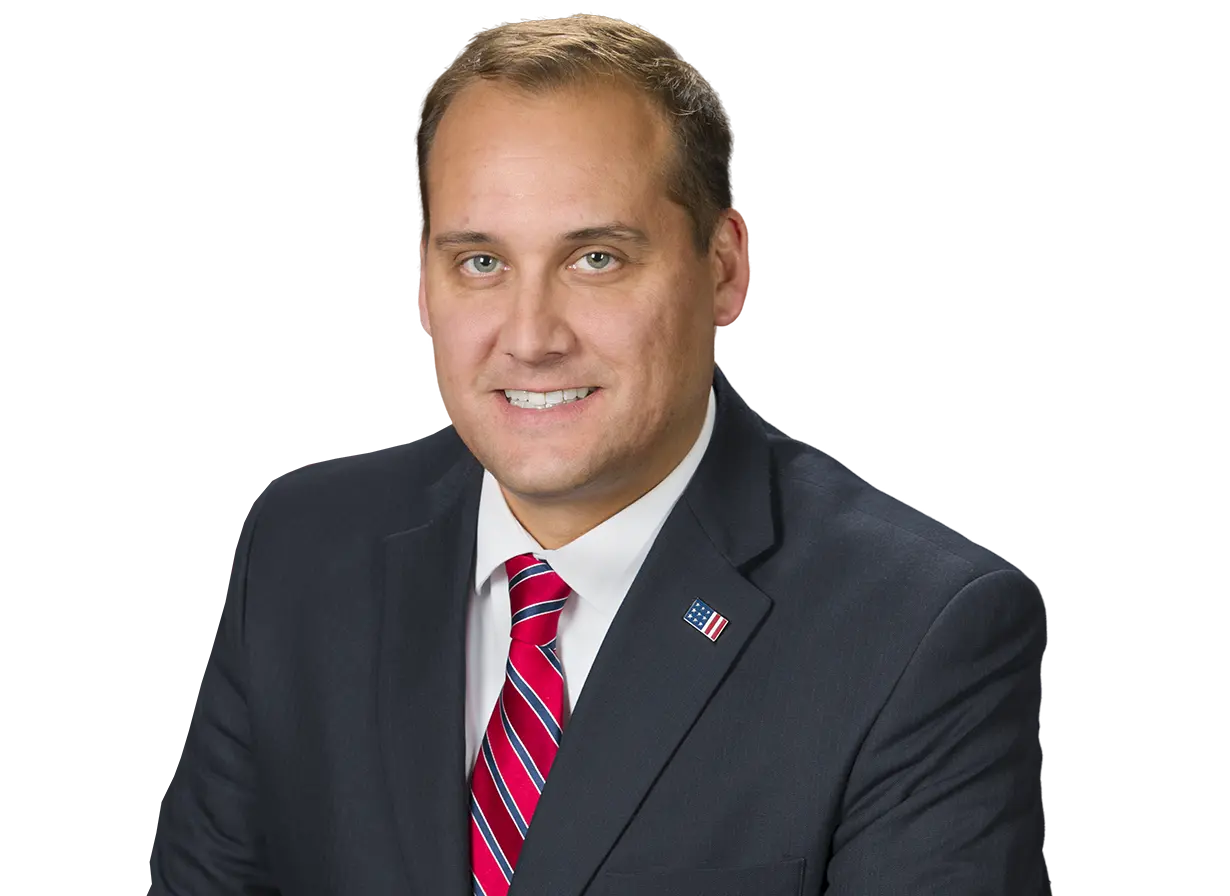At a public hearing today in Everett, the Senate Education Committee, chaired by Senator Wayne Langerholc, Jr. (R-35), heard testimony from area educators, statewide officials and charter school representatives on how to establish a fairer approach to funding charter schools.
Noting that the issue has drawn growing statewide attention, including the call for a special legislative session on charter school reform, Langerholc said his committee will be looking at several measures that will reform the current charter law.
During the hearing, testifiers raised concerns that the cost of operating charter schools is driving up property taxes and forcing many school districts to cut programs and services. Others stressed that Pennsylvania needs to provide additional school choices, but also provide funding to ensure that both “brick and mortar schools” and charter schools are fairly and equitably funded.
Charter schools have existed in Pennsylvania for more than two decades, and according to statistics provided at the hearing, they currently educate approximately 140,000 students.
The following testified:
Dr. Daniel Webb, Superintendent, Everett Area School District
Dr. John Zesiger, Superintendent, Moshannon Valley School District
Dr. Mark Kudlawiec, Superintendent, Chestnut Ridge School District
Arnold Nadonley, Superintendent, Richland Area School District
Dr. Gerald Zahorchak, Former Pennsylvania Secretary of Education, 2006 – 2010
Mr. David Lapp, Director of Policy Research, Research for Action
Ms. Hannah Barrick, Assistant Executive Director, PASBO
Dr. Allen Sell and Tom Bullington, Bedford Area School District, PSBA
Dr. Maurice Flurie, CEO, Commonwealth Charter Academy Cyber School
Mr. Lawrence F. Jones, Jr., CEO, Richard Allen Preparatory Charter School
Mr. Michael Whisman, CPA, Shareholder, Charter Choices
“It is clear from what we have heard today that we need to establish fair, commonsense approaches that will provide education funding in a way that supports all public students no matter where they attend school without imposing a huge financial burden on taxpayers,” Langerholc said. “Our goal is to look at reforms that will improve the quality and accountability of charter schools, control costs and improve financial transparency, and bring greater equality to funding all levels of public education.”
Langerholc said the current charter school funding mechanism was established 22 years ago and since then has been criticized for creating funding inequities and conflict between traditional and public schools. He believes those issues need to be fully reviewed, discussed and addressed to provide more predictability and fairness.
CONTACT: Gwenn Dando (717) 566-1164 gdando@pasen.gov


